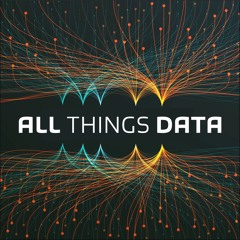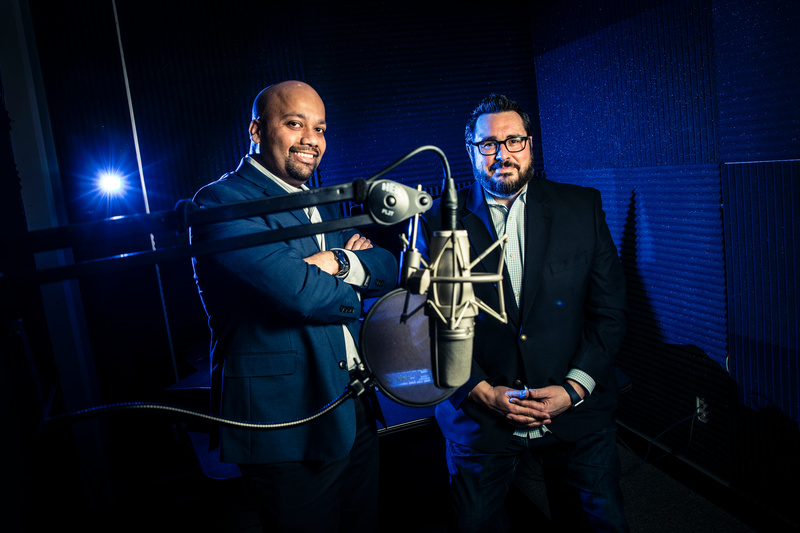
In the ever-evolving technology landscape, data analytics and data strategy continue to play a larger role in economics and business models. Director of the Center for Applied Artificial Intelligence at the University of St. Thomas, Dr. Manjeet Rege, co-hosts the "All Things Data" podcast with adjunct professor and Innovation Fellow Dan Yarmoluk. The podcast provides insight into the significance of data science as it relates to business models, business economics and delivery systems. Through informative conversation with leading data scientists, business model experts, technologists and futurists, Rege and Yarmoluk discuss how to utilize, harness, and deploy data science, data-driven strategies, and enable digital transformations.
Rege and Yarmoluk spoke with Steve Bashada on the Internet of Things or (IoT) and how it call help drive businesses. Bashada is the executive Vice President and general manager of Cloud and Data Services for Siemens PLM Software, a business unit of the Siemens Digital Factory Division.In this role Bashada leads the MindSphere IoT business. MindSphere is the cloud-based, open IoT operating system from Siemens that connects real things to the digital world, and provides powerful industry applications and digital services to drive business success. MindSphere’s open Platform as a Service (PaaS) enables a rich partner ecosystem to develop and deliver new applications. No other IoT provider can drive closed-loop innovation through complete digital twins for products, production, and performance like Siemens.
Here are some highlights from their conversation.
Q. How can Mindsphere help an organization to successfully manage its operations?
A. Most scenarios are companies with multiple plants. And our enterprise customers have maybe 40, 50, 60 plants globally. So you have to have a solution that is able to look at the total asset base and be able to see correlations and apply analytics and applications to those scenarios because that's where the real insight to what is going on occurs.
Q. How should organizations reflect on the value proposition of data science?
A. I think that companies that want to connect and view their assets will get bored quickly. In other words, they will get a bump in the value, but it will be a short period of time and then they will be left starving for "what do I do next?". So I think it is important early on for companies to have a vision that says "look if I do this right, I can progress up the value chain to broader applications, more thorough applications, and more actionable information so that you can be able to manage and drive your organization."
Listen to their conversation here:







